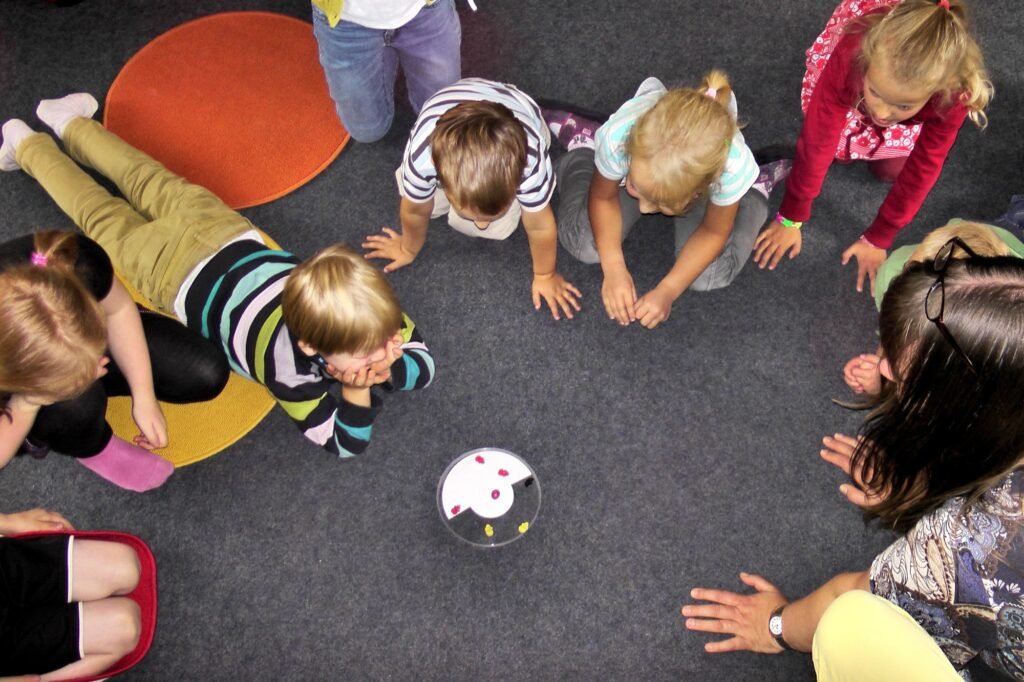As parents, we want the best for our kids. And experts agree that the best way for kids to grow healthy and happy is through play.
Every child needs to play, even babies. So, if you’re a new parent wondering how playing benefits your baby, you’ve come to the right place.
This article examines the importance of play and child development through the different childhood stages. Read on to discover why play is so important and what you can do to encourage it.
The Value of Play for Babies
Play is vital to a baby’s development and helps them learn more about their world. Playing can help babies learn physical, cognitive, and social skills too.
Play helps them develop essential gross motor skills. It includes walking, running, jumping, and kicking.
It also helps with agility, helping them become more adept at using their fingers, hands, and feet. Play also helps babies develop their social and emotional skills. They can learn how to make friends and interact with different people.
Supporting Playful Interactions in Toddlers
Play helps toddlers explore their environment, practice independence and test their physical limits. Toddlers begin to learn about relationships and communication.
Playful interactions with toddlers help build strong relationships with others. Toddlers can show love, trust, and respect.
Parents can support their children by enrolling them in development centers. These centers can help nurture and develop a toddler’s play instinct. You can find more insight about children’s developmental center linked here.
The Role of Play in Early Childhood
Children of all ages enjoy play, but it is beneficial in early childhood. Playing is vital for developing learning and physical and socio-emotional abilities during this time.
Children learn to interpret language and build on social and emotional skills. It helps brain development through problem-solving techniques and exploring their environment. Play reinforces knowledge already gained and helps them get new knowledge.
Interact with peers in groups or one on one. It helps children develop social skills, communication, and problem-solving abilities. It allows them to express themselves and explore creative outlets.
Play enhances physical development. It is because fine motor skills, coordination, balance, and agility are all practiced.
Play as Essential for Teen Development
Playing is a vital part of the development of a teenager. Through playing, teenagers develop essential skills. It includes collaboration and problem-solving.
It also deepens relationships with peers and adults. They learn how to master their emotions and behavior.
Play is an essential part of development during the teenage stage. It provides an opportunity for teenagers to express feelings and learn values. It allows them to negotiate different social interactions.
Through play, teenagers also help to build a better self-understanding and identity. These are essential steps in becoming mature, well-adjusted adults.
Consider the Importance of Play for Child Development
Play is essential to the growth and development of each stage of life. It helps children learn, connect with the world around them, and develop skills that will last their lives. For parents, understanding the importance of play is vital to raising children who are successful mentally, emotionally, and physically.
Invest in and encourage your child’s development today. Find ways to provide safe and age-appropriate outlets for play and exploration.
Would you like to read more about child development? Check out other posts for more articles!

